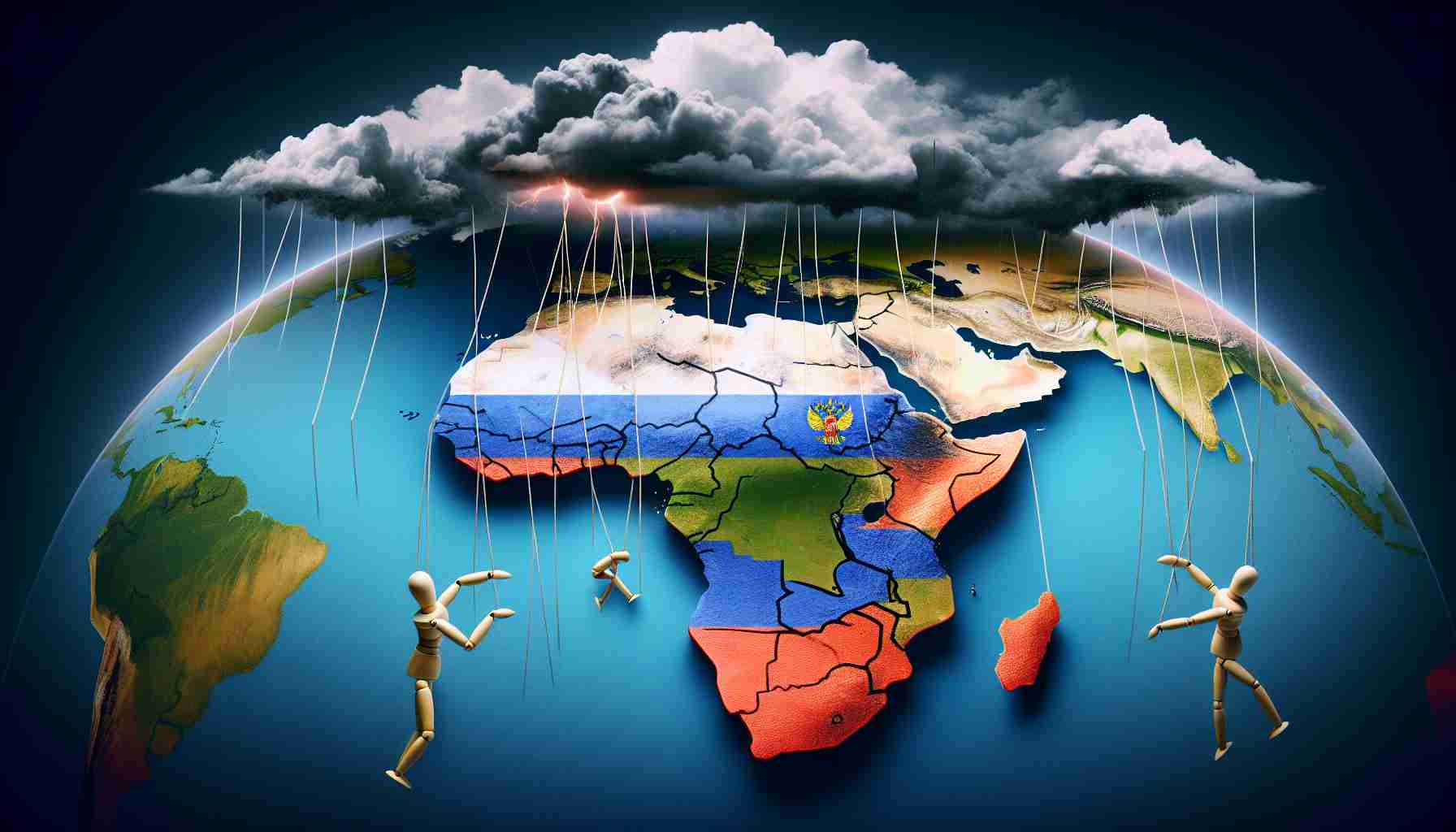The United States has called out Russia for causing chaos and instability in Africa, pointing to recent diplomatic rifts between African nations and Ukraine as evidence of Russia’s destabilizing presence on the continent.
The US government spokesperson highlighted Russia’s actions in Africa over the past few years, particularly through the activities of the Wagner Group, as contributing to unrest and upheaval in the region. Instead of fostering stability, Russia’s interventions have been labeled as disruptive and troubling.
Emphasizing the importance of diplomacy, the US urged nations to prioritize dialogue and peaceful resolutions to conflicts. According to officials, maintaining diplomatic relations and engaging in dialogue is crucial for addressing disputes and challenges effectively.
Recently, the military junta in Mali cut ties with Ukraine following allegations of Ukrainian collaboration with Tuareg rebels in northern Mali. This move was supported by Niger, which also severed diplomatic relations with Ukraine in solidarity with Mali. The actions were taken in response to accusations of Ukraine’s support for terrorist organizations and deemed as unacceptable provocations.
Mali, Niger, and Burkina Faso, all under military rule and leaning towards closer ties with Moscow, have come together to form the Sahel States Confederation to enhance collaboration in counterterrorism efforts. The consolidation of these African nations stands as a response to the shifting geopolitical dynamics in the region.
New Findings Uncover Russia’s Elaborate Strategy in Africa
Recent investigations have shed light on Russia’s multifaceted approach in Africa, revealing a deeper level of involvement than previously acknowledged. While the spotlight has often focused on the Wagner Group’s activities, a broader analysis points to a strategic agenda encompassing economic partnerships, military cooperation, and political influence across the continent.
One pressing question that arises is the extent to which Russia’s actions in Africa are driven by genuine partnerships or self-serving interests. In examining this, it becomes evident that Russia’s engagement in Africa serves as a means to expand its global influence, secure access to valuable resources, and counter Western dominance in the region.
An important aspect to consider is the response of African nations to Russia’s overtures. While some countries may view Moscow as a strategic ally offering economic opportunities and military support, others raise concerns about the potential for increased instability and geopolitical tensions resulting from Russia’s interventions.
Key challenges in assessing Russia’s role in Africa lie in distinguishing between constructive engagements and actions that fuel conflicts or undermine democratic processes. The dilemma of balancing economic benefits with political consequences poses a significant challenge for African leaders navigating partnerships with global powers.
Amidst the ongoing controversy surrounding Russia’s activities, there are advantages and disadvantages to be weighed. On one hand, Russia’s presence in Africa could provide alternative sources of investment, infrastructure development, and security cooperation, potentially diversifying opportunities for African nations. On the other hand, concerns about the erosion of governance standards, support for authoritarian regimes, and perpetuation of regional conflicts raise red flags for international observers.
In unraveling the complexities of Russia’s involvement in Africa, it becomes essential to address the nuances of power dynamics, economic dependencies, and security implications at play. By fostering transparency, accountability, and dialogue, African nations can navigate the challenges posed by external actors while safeguarding their own interests and sovereignty.
For further insights on global dynamics and foreign policy, visit State Department Website.

















